2019-03-04
Series "Education"
Authors
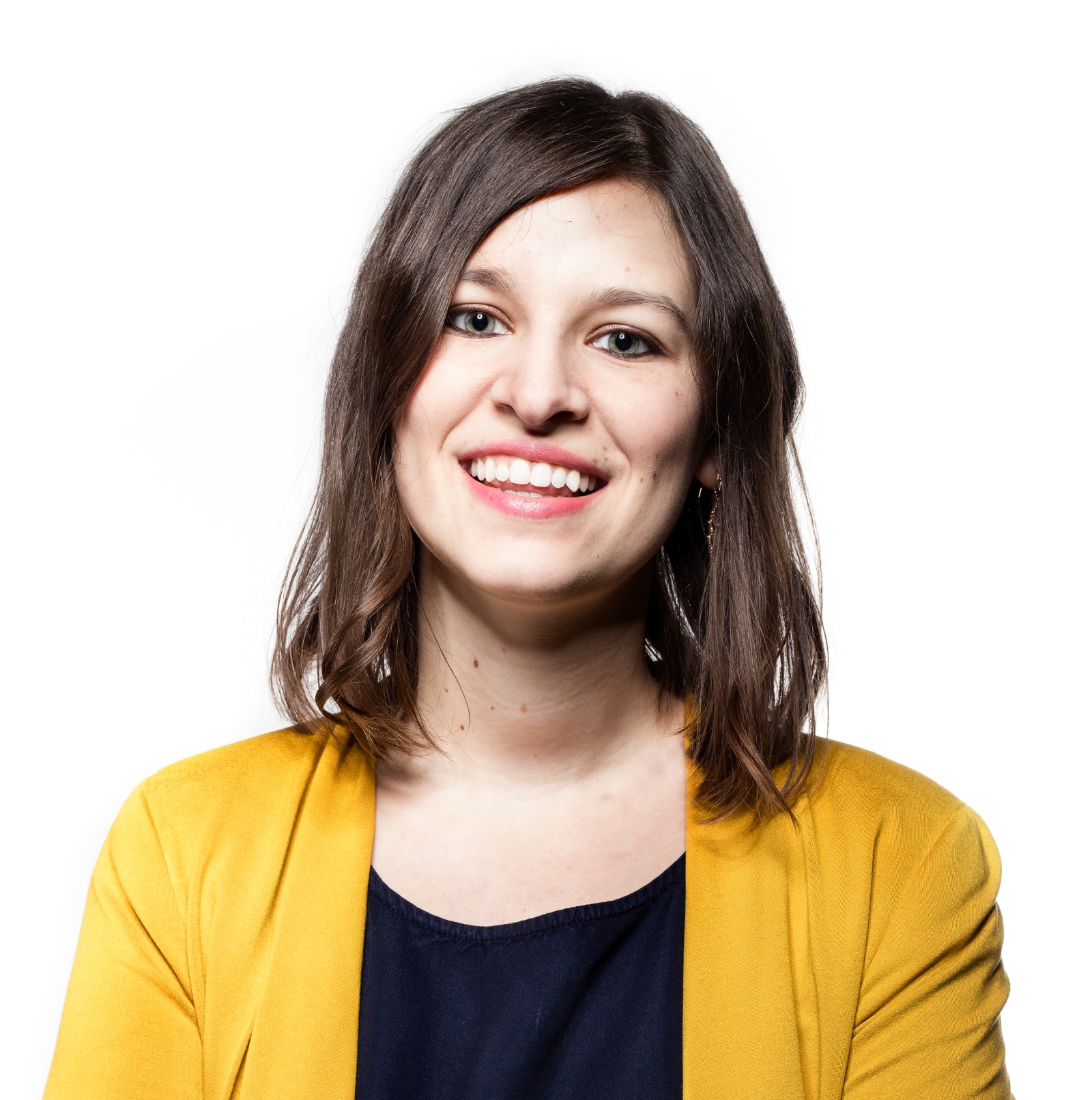
Alison Uttley
has worked in communications in theatre, film, festivals, and community galleries for eight years. In 2017, she was a Toronto Arts Council's Leaders Lab Fellow. She holds a BA in English and Business Administration, a Certificate in Arts Management and is currently working toward a Master’s in the Theory and Practice of Human Rights at the University of Oslo.

Beth Ponte
is a Brazilian arts manager, researcher and independent consultant. She is the author and curator of Quality for Culture, developed alongside KMM Hamburg during her time as German Chancellor Fellow of Alexander von Humboldt Foundation. She worked as Institutional Director of NEOJIBA Program (Centers for Youth and Children's Orchestras of the State of Bahia). She is member of the Board of the Brazilian Association of Social Organisations of Culture (ABRAOSC) and of the Observatory of Creative Economy in Bahia (OBEC-BA).
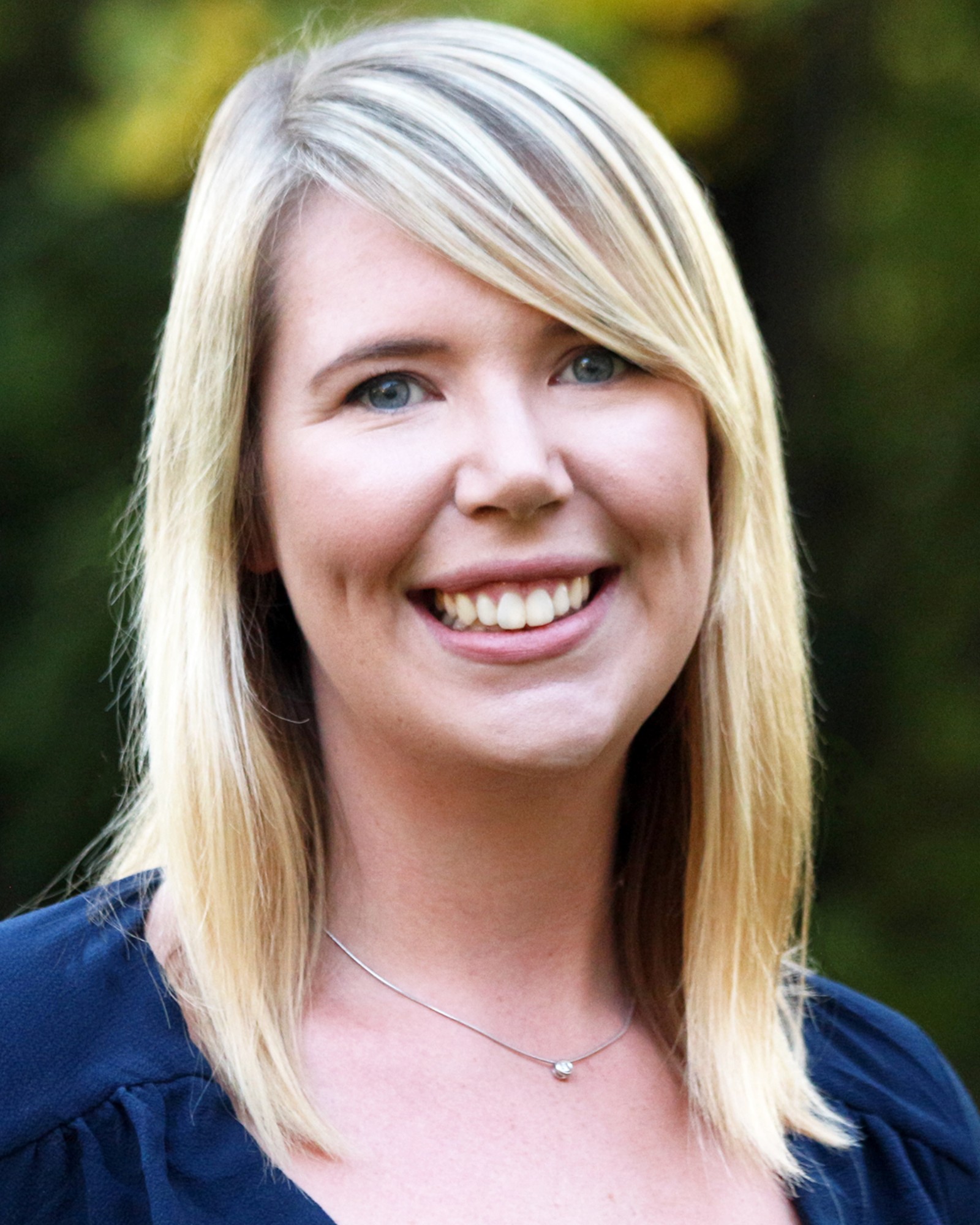
Faye Hobson
is part of the culture, arts, and education programmes and networks at Salzburg Global Seminar. Previously, she worked across a range of non-profit arts organisations in Northern Ireland in roles including community engagement, arts administration and development. She holds a bachelor’s degree in Photography and a Diploma in Management.
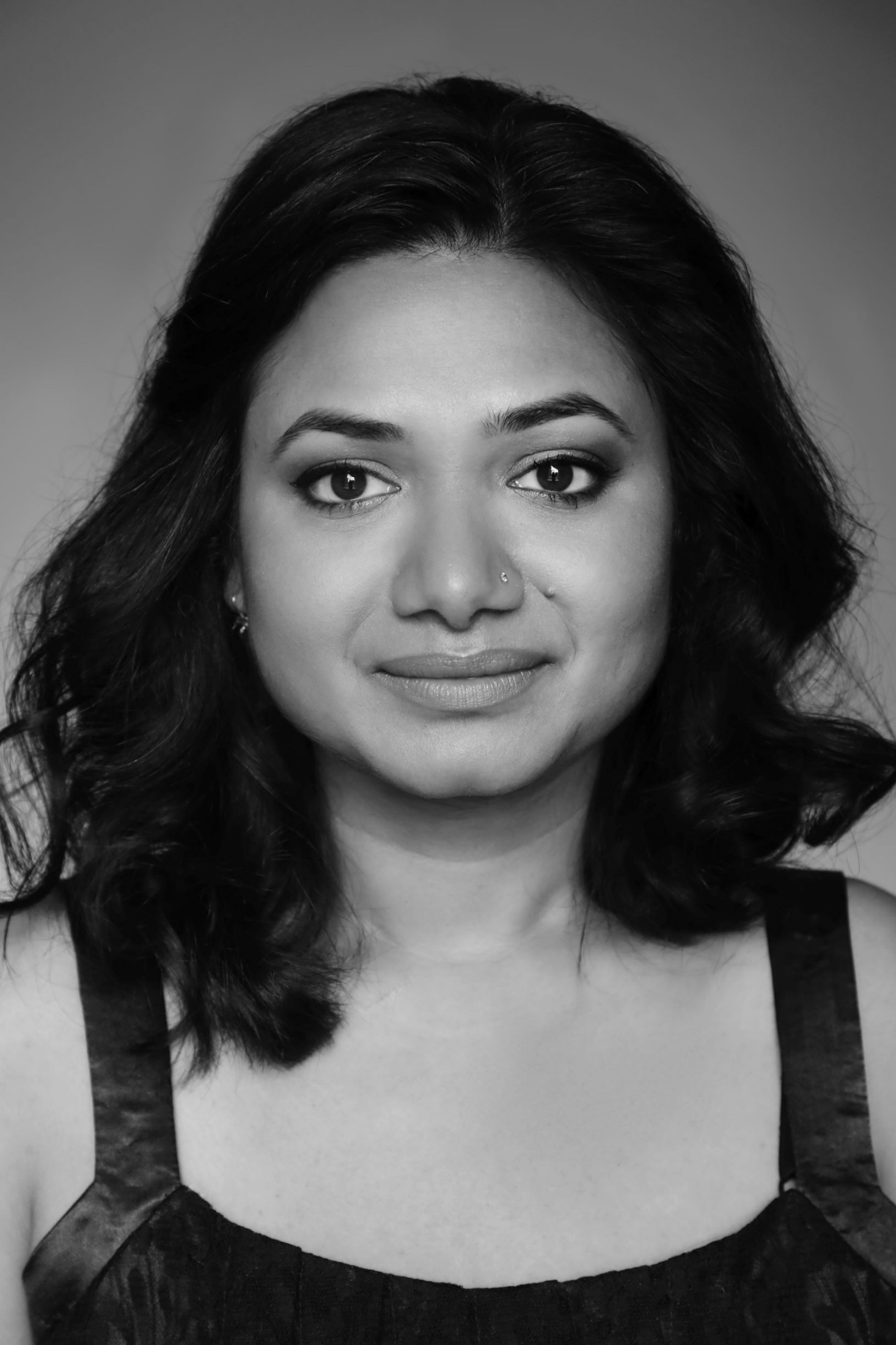
Ruhi Jhunjhunwala
is a cultural manager from India. After completing her MBA, she has worked primarily in the performing arts sector in India and specialised in festival management and international collaborations. In September 2017, she moved to London as a Charles Wallace India Trust scholar to study MA Performance and Culture Studies at Goldsmiths, University of London.
Education programmes in cultural management
The experience of the Global Cultural Leadership Programme
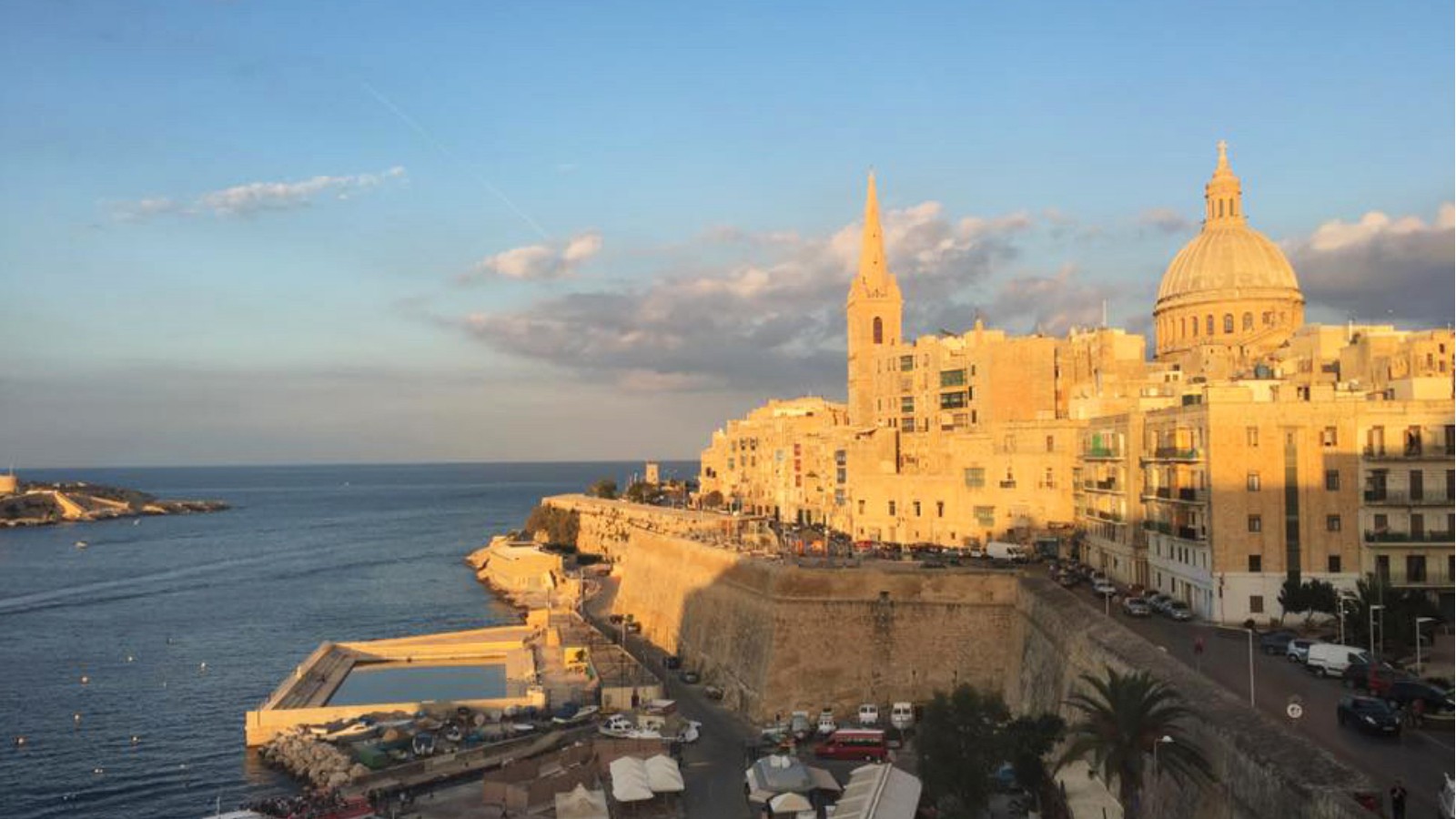
During the first Global Cultural Leadership Programme (GCLP) in 2016, forty young cultural leaders travelled from across the globe to meet in Valetta, Malta for one week. We - Alison Uttley (Canada), Beth Ponte (Brazil), Faye Hobson (Ireland) and Ruhi Jhunjhunwala (India) - were members of the inaugural cohort of the GCLP and the experience proved to be transformative for each of us in unexpected ways.
Series "Education"
About the GCLP
Organised by the European Union’s Cultural Diplomacy Platform, the programme focuses on supporting the role of arts and culture in international relations, as well as examining how these sectors can contribute to the development of the EU’s relationships with ten of its key strategic partners: Brazil, Canada, China, India, Japan, Mexico, Russia, South Africa, South Korea and the United States. The GCLP aims to enhance collaborative peer-to-peer learning and enable participants to develop fresh insights into international cultural collaboration practices.
The pilot edition took place in Valletta, Malta and set the general frame of the programme. During the five days, the participants took part in training sessions, lectures and discussions facilitated by experts. The formats included individual work, sessions with the full group as well as workshop-style activities in smaller cohorts which allowed for an in-depth understanding of the socio-political and cultural context of some of our peers. The participants also had access to learning modules, tools and manuals for practice-based learning. The programme focused on topics like "Contextual challenges of cultural leadership”, "Intercultural collaboration” and "Perspectives on personal & organisational development in cultural leadership”. In Valletta, participants also attended sessions of the 7th IFACCA World Summit on Arts & Culture and had the opportunity to have an exclusive discussion with a couple of panellists.
It is worth noting the role of informal learning as well. Much conversation and exchange happened on the bus, over meals, on walks, and at the hotel. A small group size of 40 meant that everyone could get to know each other. And since the facilitators had encouraged open questioning and respectful dialogue from the first day, the final afternoon, on which participants got to propose their own topics and form small groups, led to some of the most provocative, but also open and honest discussions.
The same format was reproduced in the 2017 and 2018 editions of the programme. The feedback of the participants always plays an important role for the programme design and influenced some improvements and changes implemented in subsequent editions. For example, in 2017, a stronger focus was on topics such as "Geopolitics & cultural collaboration” and "Cultural diplomacy and ethical challenges”, as well on enhancing opportunities for network and exchanges among the participants.
Philipp Dietachmair, Programme Manager for the European Cultural Foundation and Coordinator of GCLP explained this further after the third edition in 2018:
"Our programme has been designed to establish a growing cohort of new players in global cultural relations and as future actors of cultural diplomacy. With 120 participants having passed the GCLP learning experience by now after completing its third edition, we see the intended networking and multiplication effects growing steadily. Since the beginning, the GCLP has tried to connect its programme to wider discourses and platforms from the field of global cultural collaboration and the international arts field. While the first edition occurred around the IFACCA World Summit on Arts and Culture 2016, the 2017 edition took place in the context of Documenta 14 in Athens. Contesting political developments and new challenges for maintaining a spirit of openness towards international cultural collaboration played a crucial role in the participants’ discussions and working sessions during the 2018 edition in Amsterdam and Leeuwarden, the European Capital of Culture 2018.”
The dynamic-balance between theoretical and practical knowledge and access to experts, events of international calibre as well as local arts organisations, along with the precious network of participants, is what makes the GCLP stand apart from other programmes.
Personal impressions and take-aways
We all came to the programme with a vast range of experiences, having held diverse roles in the arts sector and participated in numerous arts management and training programmes both in our respective countries and internationally. The GCLP was of special interest to all four of us because of its emphasis on skills development and cross-cultural dialogue. As young cultural managers aspiring to make a difference in our own cultural practices and contexts, training programmes like the GCLP are extremely rewarding and provide the much-needed international platform and network essential to achieve our personal and professional goals. The opportunity is also rare since it is fully funded, giving also early to mid-career cultural managers from non-Western countries the chance to travel and meet peers in a way they may not have been able to afford on their own. Each one of us took something valuable home from the programme. In the following, we will share with you a brief summary of our individual experiences:
Alison Uttley has worked in marketing and communication for seven years at Luminato Festival, the Toronto International Film Festival, and at Canadian Stage before she took part in the GCLP. The GCLP was a catalyst for change in her life - she was curious to continue learning outside of her home context and moved to Oslo, Norway in 2017 to pursue a master’s degree.
"While I have worked with artists from around the world, my arts management training prior to GCLP had been Canadian-focused, and specific to the Toronto context. Participating in a programme with a European-led curriculum and hearing from cultural leaders based in the Middle East and Central Asia challenged some of my perceptions about our industry. I had seen arts and international governance as mostly separate spheres but the GCLP helped me see the intersection of cultural work and diplomacy. "Soft power” was a new term for me and I learned about the impacts, both intentional and unintentional, that arts and cultural work can have on mind-sets not only on the individual level but also on community or even state level. The entire week was valuable but the lingering impact for me is the peer network that I still turn to for inspiration, support, and cross-border collaboration.”
Beth Ponte had worked for six years as Institutional Director of an NGO focussing on youth orchestras in her hometown Salvador in Brazil by the time she joined the pilot edition of GCLP in Malta. Before this experience, she had already taken part in other international training programmes for arts managers in Brazil and the UK on different topics such as strategic planning, economic evaluation or orchestra management.
"The main difference of the GCLP compared to other programmes for me was the unique combination of a variety of topics, the intensity, the quality of the hosts and trainers and the presence of this diverse international group. There I could confirm that, despite challenges our countries and institutions face, the arts have a vital place in our common future as a society.”
The programme also had an impact on her professional life and inspired her to look for new international experiences. In 2018 she was granted a German Chancellor Fellowship for Future Leaders from Alexander von Humboldt Foundation to develop a research project in Germany on ‘Quality Management and Innovation in Arts Institutions’. Beth is currently based in Hamburg, Germany and will, together with the other fellows, report about her experiences in Germany soon.
Faye Hobson had been working in her home country Northern Ireland in various arts management roles for five years at the time of applying to the GCLP. Having studied a practice-based arts degree and gained her arts management experience through work, she has sought out professional development and training opportunities throughout her career. Participation in the GCLP catalysed a radical change in her life leading her to Austria, where she now works for the international non-profit Salzburg Global Seminar. There she works on programmes in arts, culture and education which - similarly to GCLP - bring people together from around the world for inter-cultural learning and exchange.
"While incredibly valuable and challenging, the most valuable take-away for me was not the training or educational elements, but a global sense of connectedness with a new peer group of colleagues from around the world. I think this kind of training which brings people together is incredibly valuable in order to maintain a vibrant global arts sector. In the face of increasing divisions globally, programmes such as GCLP which reinforce the importance of cultural diplomacy, collaboration and inter-cultural learning are incredibly important.”
Ruhi Jhunjhunwala is a performing arts manager from Bangalore, India. Her various job profiles have included working at Ranga Shankara, an iconic theatre space, and being the festival manager of the Attakkalari India Biennial, an international festival of contemporary movement arts in Bangalore. After taking part in the GCLP, she was awarded the Charles Wallace India Trust scholarship for the year 2017-18 to study Performance and Culture Studies at Goldsmiths, University in London.
"The most important take-away from the GCLP for me, apart from being able to connect with an inspiring bunch of peers, was the discussion about the terms ‘cultural leadership or diplomacy.’ Before GCLP, I understood it as something that large-scale cultural institutions and government agencies engaged in, not grass-roots practitioners like myself, although I was curious to learn more about it. I was pleasantly surprised when the programme identified each of us as cultural leaders and enablers in our areas of practice. Little did I know that I was already making a difference through my work in India.”
She remembers a fellow participant from Japan saying, "I didn’t want to be a leader, I realised now that I am one” and recollects feeling the same.
As is evident from the personal accounts above, the most cherished take-away from the programme for each of us is the network of like-minded individuals who are equally passionate about the arts and interested in redefining the scope of an arts management as a practice - an endeavour that all of us are committed to seeing through to fruition.
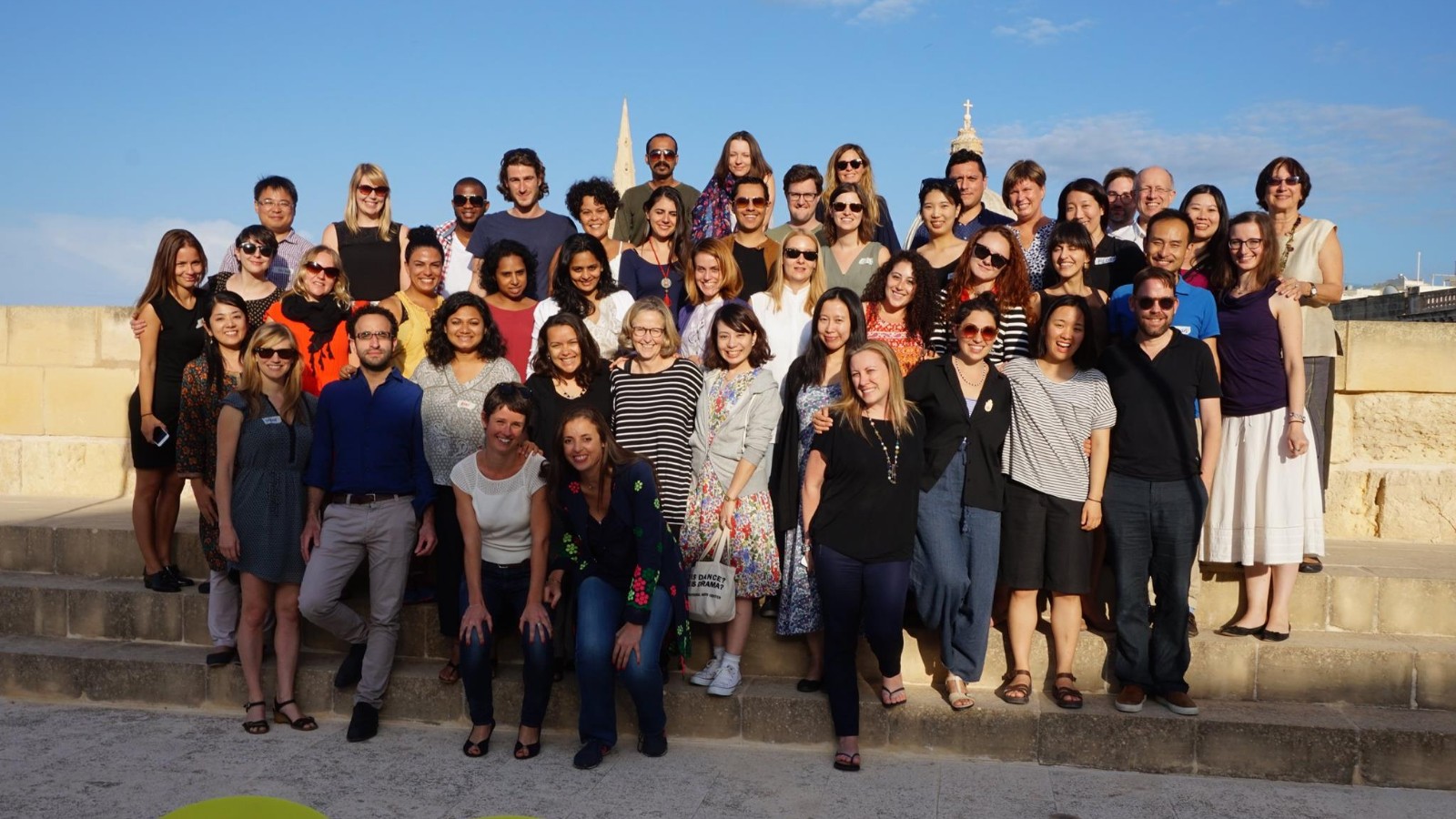
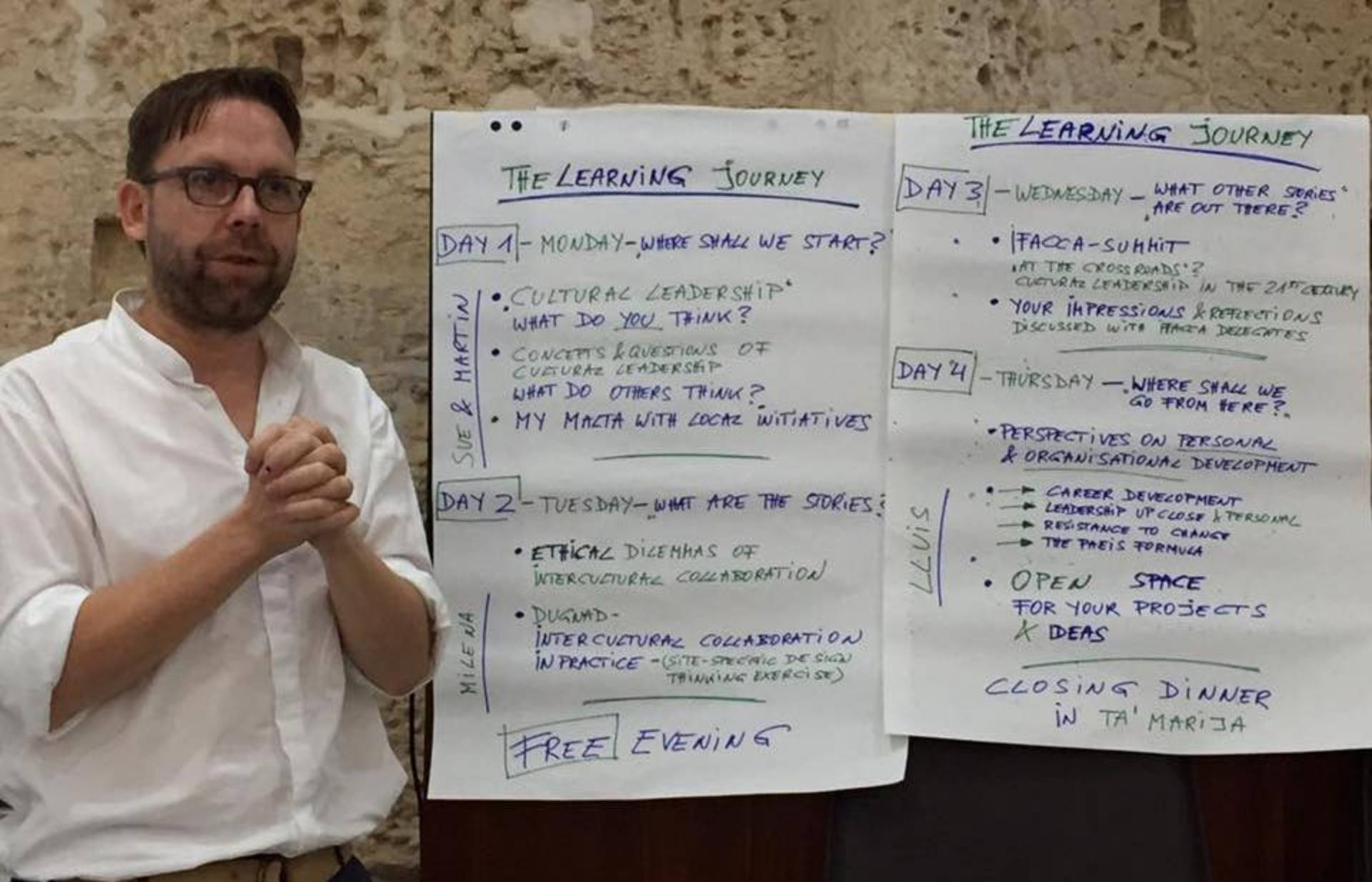
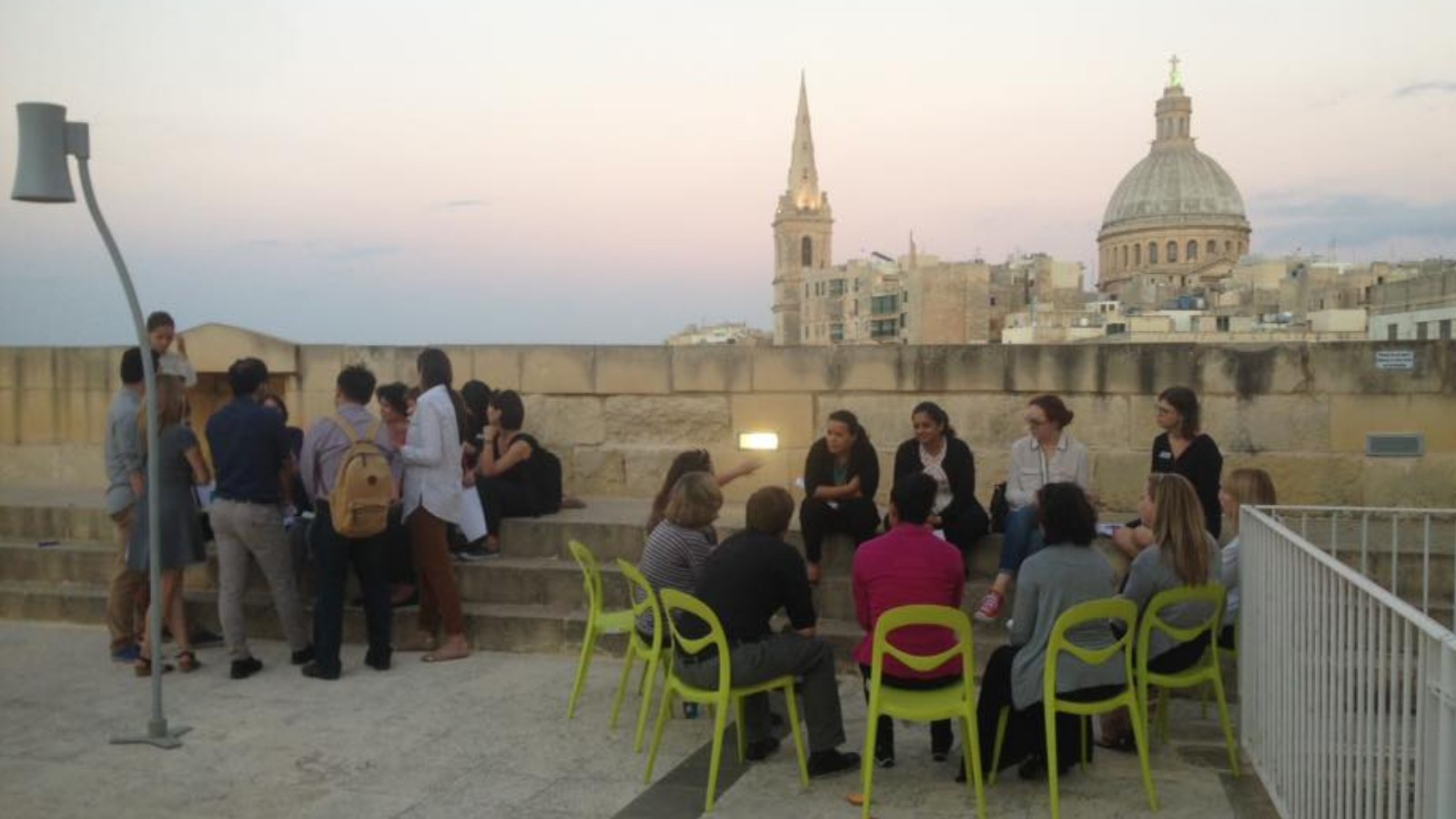
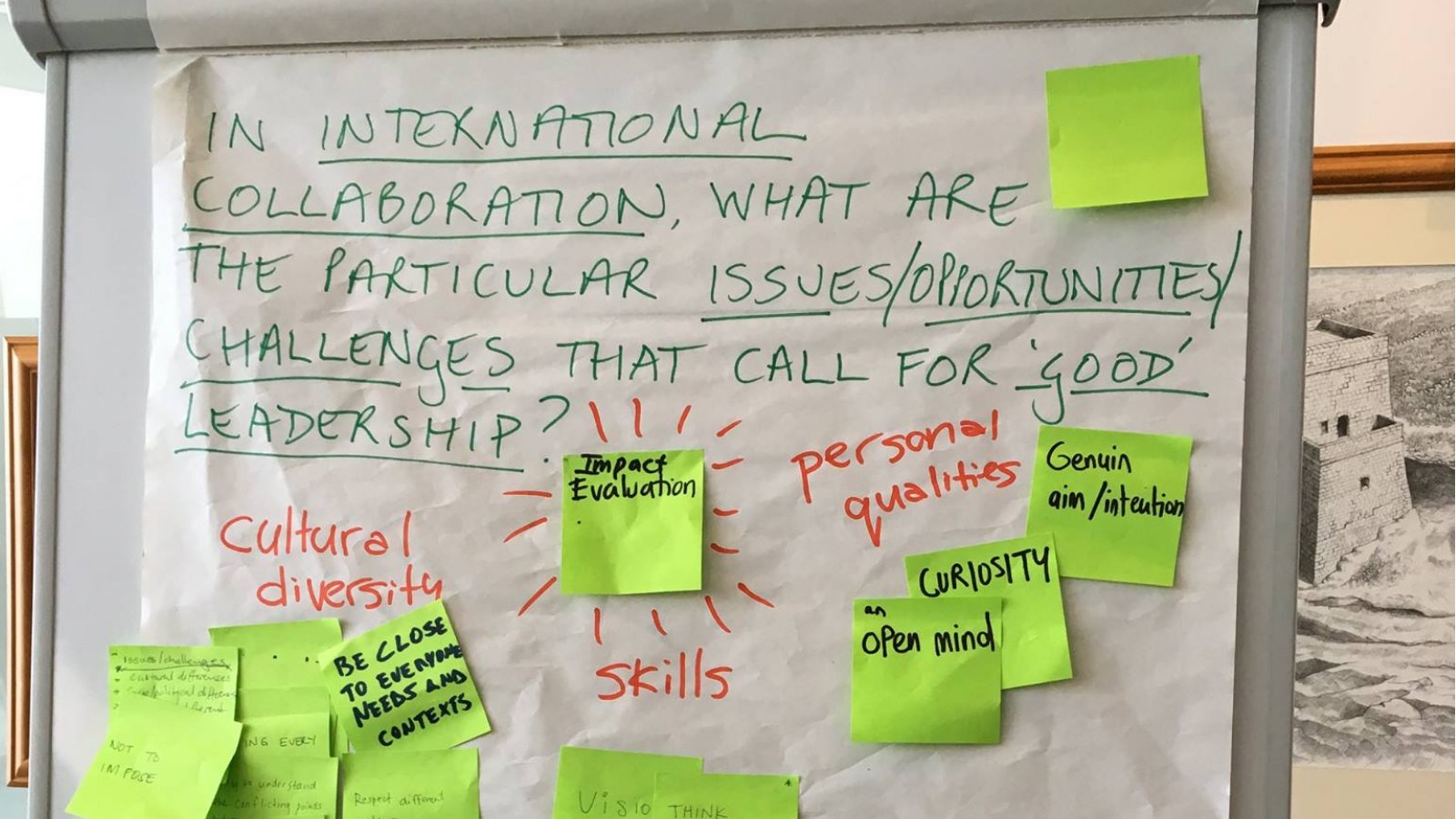
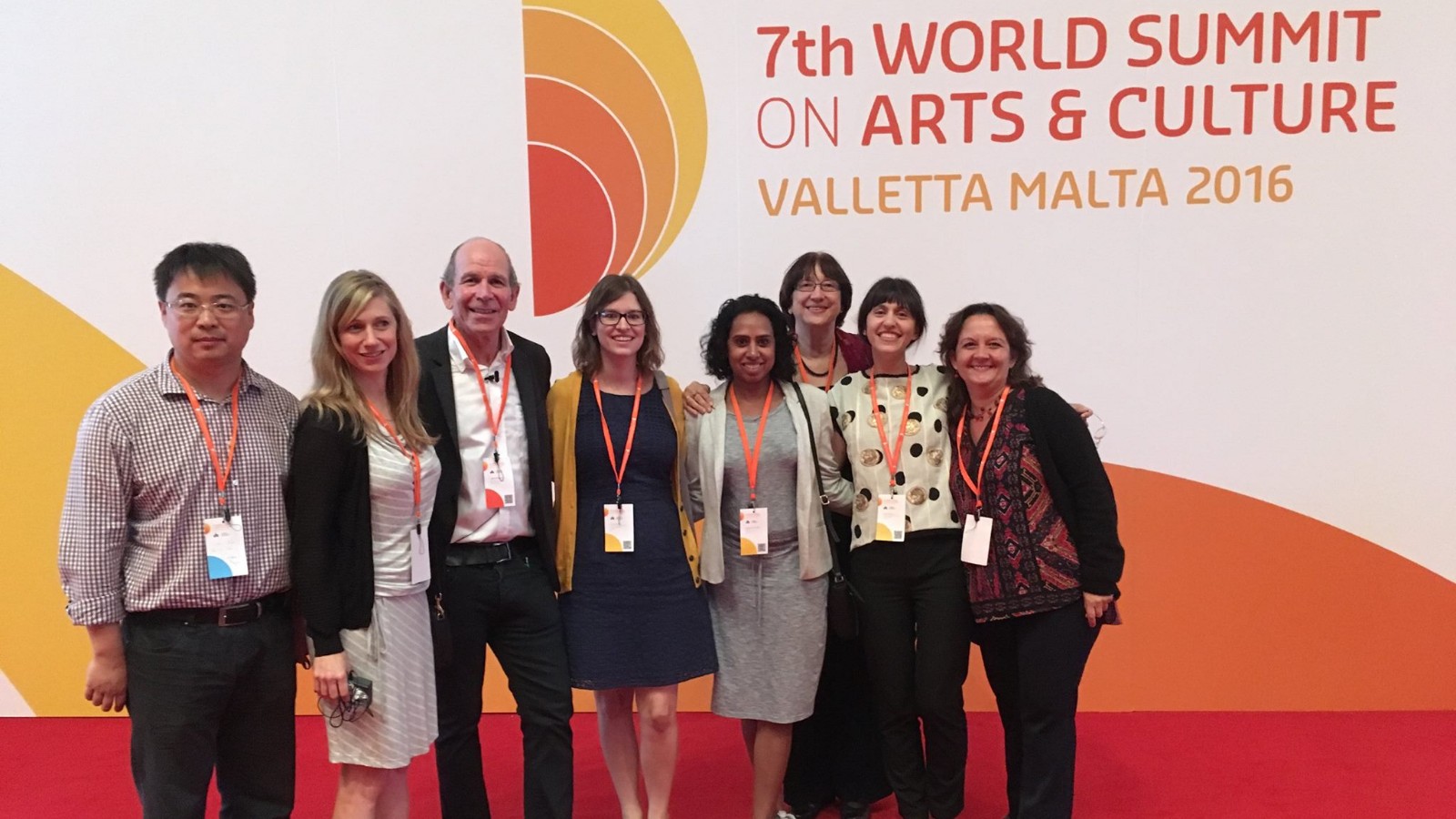
There are no comments for this content yet.
similar content

